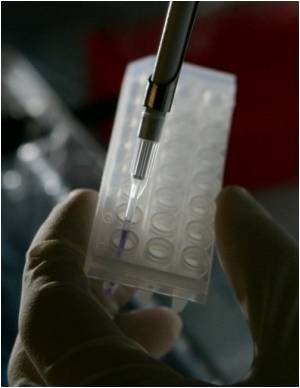Thanks to a University of Georgia discovery, a canine virus could be the springboard for developing a super potent human vaccine.

Georgia researchers said this virus could also help protect humans against diseases that have eluded vaccine efforts for decades, the journal Public Library of science ONE reported.
Although harmless in humans, parainfluenza virus 5, or PIV5, is believed to contribute to upper respiratory infections in dogs. It is a common target for canine vaccines designed to prevent kennel cough.
PIV5 does not cause disease in humans, as our immune system is able to recognise and destroy it, according to a Georgia statement.
"We have developed a very strong H5N1 flu vaccine with this technique, but we are also working on vaccines for HIV, tuberculosis and malaria," added He.
By placing antigens from other viruses or parasites inside PIV5, it effectively becomes a delivery vehicle that exposes the human immune system to important pathogens and allows it to create the antibodies that will protect against future infection.
Advertisement
For example, an HIV vaccine delivered by PIV5 would contain only those parts of the HIV virus necessary to create immunity, making it impossible to contract the disease from the vaccine.
Advertisement
If humans or animals already possess a strong immunity to the virus used for delivery, the vaccine is unlikely to work, as it will be destroyed by the immune system too quickly.
Source-IANS












